Omni Family Health
Hypertension
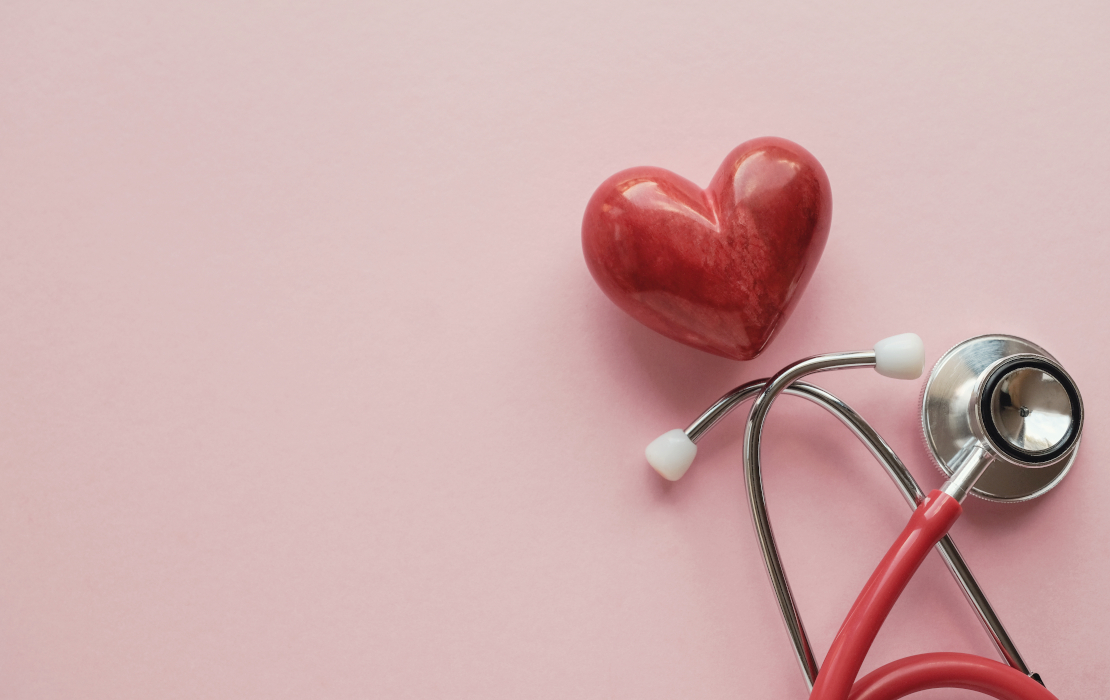
Hypertension, also known as high blood pressure, poses a significant risk to heart health. Surprisingly, half of Americans are affected by this condition, with many unaware of their status, and only about 1 in 4 adults have their condition under control*. That’s why we invite you to watch Nurse Practitioner Deanna Padilla, NP-C, and Ryan Nelson as they delve into the symptoms, risks, and prevention strategies for hypertension. Gain valuable insights and empower yourself with knowledge to prioritize your heart health. Don’t miss out! Watch the video now.
Give us a call to schedule an appointment, ask a question, or request a prescription refill.
Broadcasted: 11:00 AM, May 15, 2023 – Ryan Nelson, Kern Living, 23ABC. Deanna Padilla, NP-C, Associate Medical Director and Nurse Practitioner at Omni Family Health. To learn more about Kern Living (ABC23), visit https://www.turnto23.com/lifestyle/kern-living .
What is Hypertension or High Blood Pressure?
Hypertension also referred to as high blood pressure, is when your blood pressure, the force of blood flowing through your blood vessels, is consistently too high. When the heart beats, it creates pressure that pushes blood through a network of tube-shaped blood vessels, which include arteries, veins and capillaries. Blood pressure is the result of two forces: the first force (systolic pressure) occurs as blood pumps out of the heart and into the arteries, and the second force (diastolic pressure) is created as the heart rests between heartbeats. These two forces are each represented by numbers in your blood pressure reading.
The primary way that high blood pressure causes harm is by increasing the workload of the heart and blood vessels, making them work harder and less efficiently.
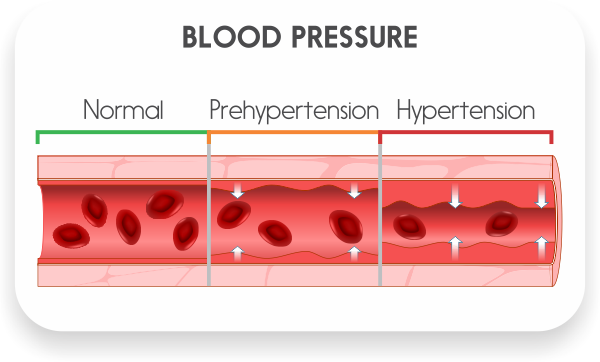
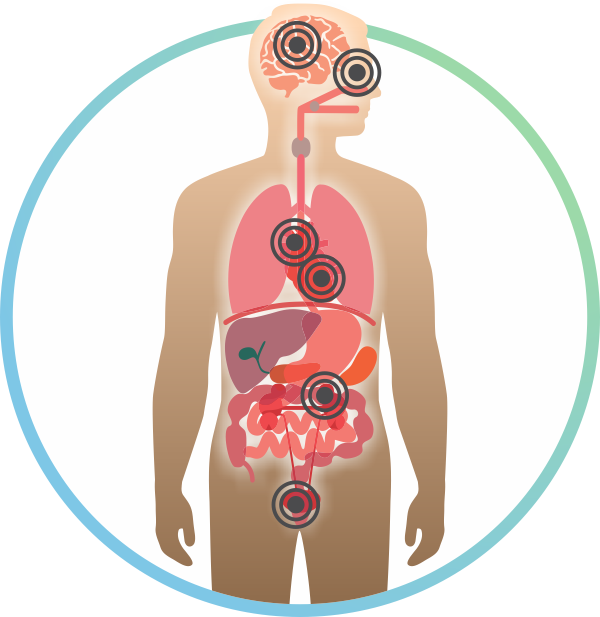
How Can this Affect Me?
Managing your hypertension is important for good health and longevity. Over time, hypertension can damage the arteries and decrease blood flow to critical parts of the body, including the brain, heart, and kidneys. Having untreated or uncontrolled blood pressure can lead to the following:
- Stroke
- Vision loss
- Heart failure
- Heart attack
- Kidney disease/failure
- Sexual dysfunction
What Can I Do to Improve My Blood Pressure?
High blood pressure can be improved by making lifestyle changes and by taking medicines. Your healthcare provider will help you make a plan to bring your blood pressure within a healthy range.
Know Your Numbers
Most people diagnosed with high blood pressure want to stay below 130/80 mm Hg, but your healthcare provider can tell you your personal target blood pressure.
| Blood Pressure Category | Systolic mm Hg (upper number) | And/or | Diastolic mm Hg (lower number) |
|---|---|---|---|
| Normal | Less than 120 | and | Less than 80 |
| ELEVATED | 120 – 129 | and | Less than 80 |
| High Blood Pressure (Hypertension) Stage 1 | 130 – 139 | or | 80 – 89 |
| High Blood Pressure (Hypertension) Stage 2 | 140 or higher | or | 90 or higher |
| Hypertensive CRISIS (Consult your doctor immediately) | Higher than 180 | and/or | Higher than 120 |
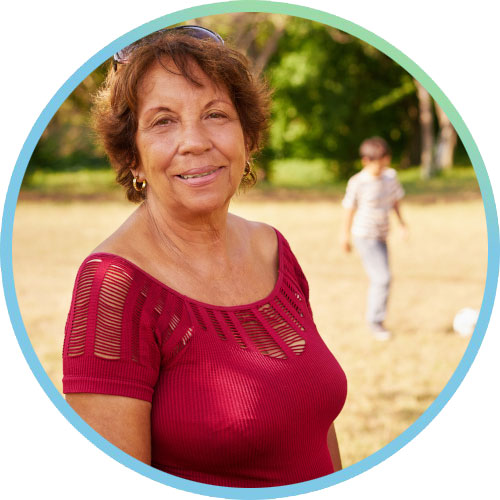
Positive Lifestyle Changes
In many cases, your doctor will first recommend positive lifestyle changes to achieve a healthy blood pressure, including:
- Maintain a healthy weight. Strive for a body mass index (BMI) between 18.5 and 24.9.
- Eat healthier. Eat more fruits, vegetables, low-fat dairy and less saturated and total fat.
- Reduce sodium. Ideally, stay under 1,500 mg a day, but aim for at least a 1,000 mg per day reduction.
- Get active. Aim for at least 90 to 150 minutes of aerobic and/or dynamic resistance exercises per week.
- Limit alcohol. Drink no more than 1-2 drinks a day (typically one for women and two for most men.)
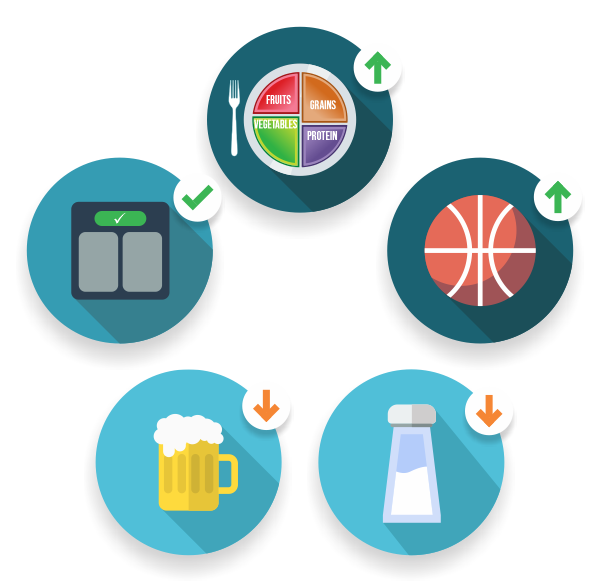
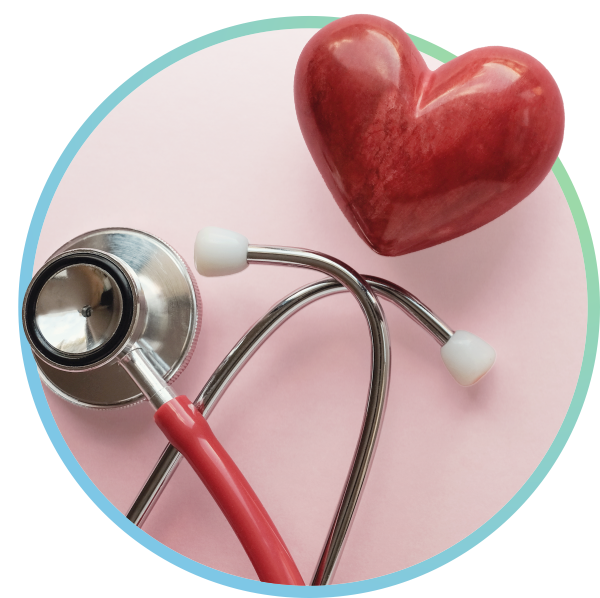
How Can Omni Family Health Help Me Manage My Blood Pressure?
We offer a unique program to help you with high blood pressure. This program includes lifestyle education with our health educators and remote monitoring of your blood pressure by our care coordinators and your provider.
What is Omni’s Remote Patient Monitoring Program?
Omni’s Remote Patient Monitoring (RPM) program is four months of monitoring your blood pressure by your clinical team through a loaned blood pressure machine that connects to your chart. You will also receive five health education sessions to learn different lifestyle changes to improve your blood pressure, including lessons about blood pressure, eating healthy, how much to exercise, managing your stress and more.
Am I eligible? You are eligible if you are between 18-85 years of age and have a diagnosis of hypertension.
Sign up for Omni’s RPM program today! You can sign up by informing your healthcare team or calling us.
OR